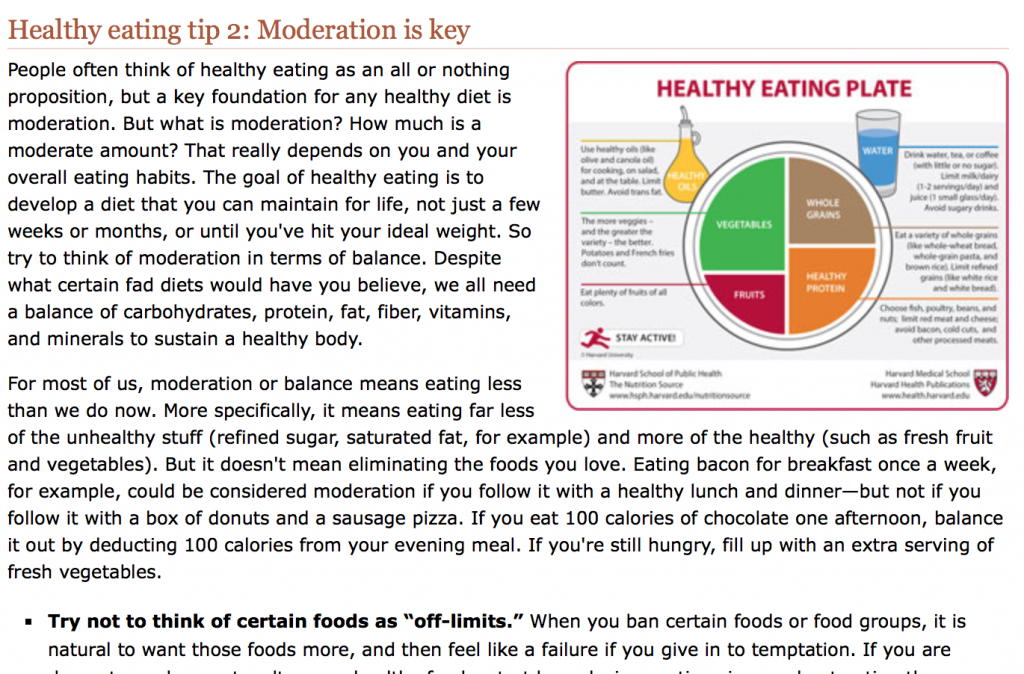So now you know that I great skin wasn’t something I was born with. I wish! Lol
You also know from Part 1 that breakouts on certain parts of your face potentially indicate that the corresponding organs in your body are not functioning at its best. Kindda’ scary, since it was true in my case.
Y’know how there are different formulas, products and schools of thought when it comes to good skin? Sadly, I’ve learnt that there’s not one that applies to all; since each individual is different, so if you’re looking for a permanent fix for your skin – good luck! You’ll have to keep searching and experimenting until you find one that’s right for you; and if your skin is anything like mine, it won’t be a simple journey. Lol
http://www.wisegeek.org/what-are-some-ways-to-prevent-pimples.ht
So I’ve tried different skincare products, ranging from cheap to expensive. I’ve also tried different types of “diets”, supplements, mineral makeup options, bla bla bla.
What’s the verdict?
After different detox, health and lifestyle adjustment experiments since my last surgery in 2010, this is what I’ve learnt:
1) The “inside out” theory
www.shopanatomical.co
Good skin comes from inside out. Since our skin is a mirror of our internal health, you’ll need to make sure your body is clean so that it reflects just that on your skin.
Refer to the face map and get a full medical check. If there’s something wrong, you’ll want to know before it’s too late.
2) Habits – water
While there's no substitute for water, the rules to great skin are the same as having a great body. You’ll need to adopt the right habits.
In my second installment of the “How to get a beach ready body in 28 days” series, I shared my daily routine with you, together with the answer to these common questions:
- How much water should a person drink? (simple calculation formula based on your weight)
- How does drinking 1 liter of water upon waking up in the morning make a difference?
- Don’t like drinking water? Do what I do! :-D Read more here.
3) Habits - sleep
Did you know that the best time to be asleep (not go to sleep, meaning you’ll need to head to bed earlier than that) is from 10pm to 2am? During that time (also known as the “regenerative sleep” period), our blood circulation is concentrated on the liver; and this is when the liver neutralizes and breaks down the toxins accumulated in our body throughout the day.
The bad news it that if you’re not asleep from 10pm to 2pm, your liver cannot do its job; so technically:
- If you’re asleep by 10pm, you’ll have 4 full hours to detoxify your body
- If you’re asleep by 11am, you have 3 hours; and so on (you get the idea)
- Sleep after 2pm and you’ll miss the boat. Keep doing this and you’ll live to regret the compounded effects. No joke.
I was sharing this with #babybaby and he asked a rather interesting question:
“How does your body know what time it is, especially in different time zones around the world?”
Interestingly enough, our brain plays host to an internal clock that regulates our sleep, and it’s called the pineal gland. The pineal gland receives information about the sun through our eyes via the optic nerve. As the sun sets, the pineal gland is able to sense the change in light transmitted through your eyes and it begins to secrete a hormone – melatonin – to prepare our body for sleep. [Quoted from Dr. Kulreet Chaudhary]
4) Habits - stress management
From acne, eczema, hives, rosacea, psoriasis, alopecia (hair loss), vitiligo (depigmented white spots on the skin), etc. studies have shown that in many ways, our mind and skin are intimately intertwined.
Go ahead and Google "psychodermatology”.
Take acne, for example. When you are tense, your body releases stress hormones including cortisol, which may increase the skin's oil production, making you prone to pimples. [Quoted from Dr. Karen Mallin]
Spend some time in discovering an effective stress management technique that works for you (read more here) and incorporate that in your daily routine. I’ve found prayer/meditation to be very effective, not to mention free.
5) Food
Our body is designed to heal and repair itself. Nevertheless we need to feed it with the right raw materials so that it can do its job effectively and efficiently. There’s a long list of vitamins, minerals and nutrients that our human body requires on a daily basis…
http://www.besthealthmag.ca/vitamins
…but fact is, is this even realistic?
Tell me, how could anyone possibly commit to eating (let alone afford in terms of $ and waistline) 5 cups of spinach, 5-4 ounces of salmon, 2.5 whole avocados, 1 cup of strawberries, 5 ounces of cheddar cheese, 10 cups of broccoli and Brussels sprouts, 1.5 ounces of cashew nuts, 24 spears of asparagus, 1 cup of black beans, 2 medium baked potatoes, 3 ounces of beef, half a cup of red peppers, 3 cups of yoghurt, quarter ounce of cooked liver, 4 cups of brown rice, 1.5 cups of pineapple, and a list of 20 to 30 other foods EVERY. SINGLE. DAY. Crazy. Some people are able to do it, but that's another story.
Unfortunately, due to the 21st century lifestyle, cost and convenience, it would be impossible to give our body all it needs on a daily basis. Nevertheless, we can still do our best with a relatively balanced diet, while making up for the gaps with natural supplement. They key is to go natural (we’ll discuss on how to choose a natural supplement that’s right for you in another post).
http://www.helpguide.org/life/healthy_eating_diet.htm
You may also want to consider taking note of your food colours too. Yep.
www.eswalls.com
“The more colors you have in your diet a day, the more kind of phytonutrients you’re getting, because each color is something specific. So blueberries are very specific for brains and skin, and citrus fruits are really good for the ears. And astaxanthin is really good for eyes and skin. So it’s important to get all those different colors in during the day — I call it your color IQ. So ask yourself how high can your color IQ be today? If you know you had 10 different colors in your fruits and vegetables, you’re doing well. ”
6) Skincare products
First, you need to know that most skincare products only help “mask” or provide superficial relief to the problem. Very few are capable of solving the actual problem.
Go back to the “inside out” theory (item #1 above) and sort your body out, but in the meantime, try and opt for products that have the least content of toxic ingredients (look at the whole list here).
Secondly, as much as you may be tempted to, don’t pile too much on your skin. Keep it simple.
- Morning: Cleanse, tone and sun protection (sun block)
- Night: Remove makeup, cleanse, tone and moisturize
A few people (including #babybaby) have questioned my use of sunblock, even when I’m indoors. Well, thanks to Hallie Levine Sklar, here are 6 common sun myths that you should know about this beauty must-have:
http://edition.cnn.com/2012/07/10/living/guide-to-sun-safety/
- Myth #1: A suntan's fine, as long as you don't burn.
- Myth #2: A beach umbrella blocks the sun.
- Myth #3: Sun can't penetrate through windows.
- Myth #4: Too much sunscreen causes vitamin D deficiency.
- Myth #5: If it's cool or cloudy outside, you don't need sunscreen.
- Myth #6: Eighty percent of sun damage occurs before the age of 18.
[Read the full article at http://edition.cnn.com/2012/07/10/living/guide-to-sun-safety/]
Finally, I don’t believe on spending ridiculous amounts of $$$ on skincare. In the many years of experimenting, I’ve spent anywhere between RM8 to RM400 on a cleanser, and to be honest I didn’t notice a difference between the regular cleansers and the premium ones (other than the fact that the latter caused a bigger damage to my pocket). Nevertheless, like everything, there are exceptions, and if you’ve found an expensive one that works for you (and you can afford it), by all means keep to it.
timemanagementninja.com
Take time to experiment with different products (keeping a journal will help you keep track) and find a combination that works for you. Mine costs no more than an average of RM50 (~USD16) a month so I can’t say that I’m not happy. *laugh*
Remember, no amount/cost of skincare products can give you the lasting effects of good skin if you don’t sort your body out first!
Hope this helps! :-D Mwah!

























